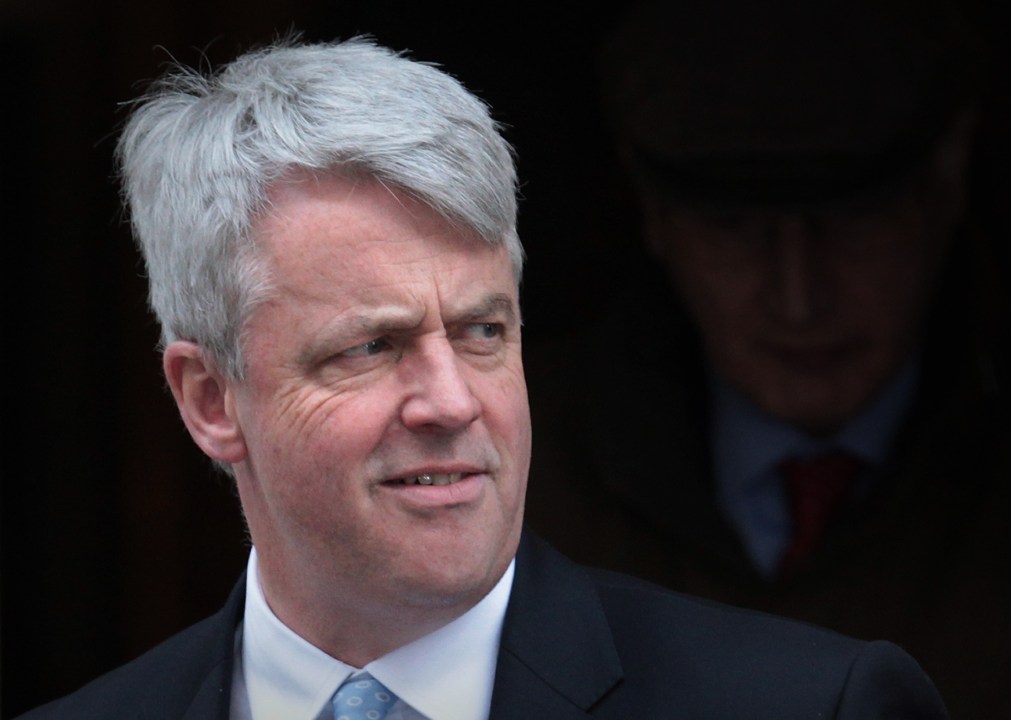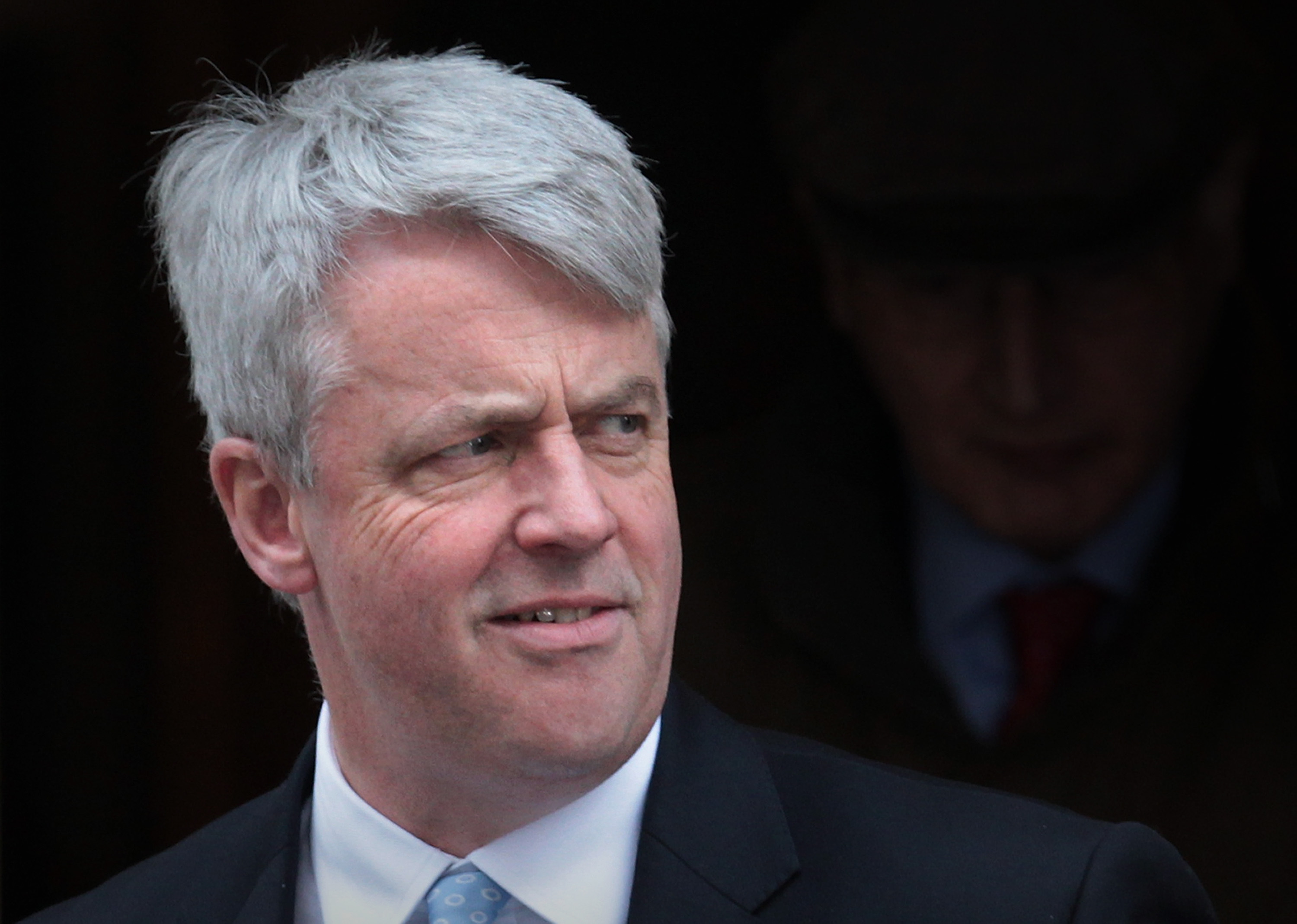So here we are again. At least Lord Justice Leveson had the humanity to give us a couple of weeks off whining celebrities, shifty ex-journalists and declaiming newspaper editors. From the Health and Social Care Bill there is no respite. The Bill is back in the House of Lords and Liberal Democrat guerrillas are wound up for a fresh assault on the lumbering mule train as it passes through.
Does anyone care any more which bit of this battered and bleeding legislation has been chosen for further victimisation in this week’s shenanigans? In case you do, it is part three of the Bill, the casket that carries the remains of what was once Andrew Lansley’s sunlit vision of an NHS of competing providers, kept on their toes by a powerful and provocative regulator of the type associated with the transformation of telecoms and utility services in the 1980s. Monitor, the aforementioned regulator, has already had most of its teeth pulled during earlier phases of the Lib Dem trashing of the Bill. This, however, has proved not to be enough for Tim Farron, the party’s President, who (apologising for not thinking of it earlier) announced over the weekend that he wants competition dropped from the Bill entirely.
In practice this may resolve itself into more modest outcomes, such as telling the Competition Commission to butt out of the NHS’ affairs and requiring hospital trusts to fill out additional forms before they take on increased private work — thus injecting some much-needed extra bureaucracy into the system — but the details are hardly important. This isn’t about the NHS at all you see. In Farron’s case, he is rather less bothered about competition for patients than he is about competition for Nick Clegg’s job as party leader. This explains why a letter to Lib Dem peers appeared yesterday, signed by Clegg and Shirley Williams, putting themselves in the cockpit of this latest sortie and, in the process, surreptitiously ejecting Mr Farron.
The Prime Minister, we are told, has seen the Clegg-Williams letter and No.10 are saying that it’s fine. No really, absolutely fine. They’ve given up caring too. No doubt Earl Howe, the decent-old-stick health minister who has managed to preserve dignity and respect while steering this hellish Bill through the upper chamber, will do his duty when the relevant clauses are reached tomorrow. The fight has gone. Not that there was ever much of it in the first place.
It is at this point that it is helpful to remind ourselves that another part of Lansley’s vision was to take the politics out of the NHS. Seldom in public policy could the opposite effect of what was intended have been so consummately achieved. Politics is now all that anybody is talking about in connection with the Health Service. In the background, meanwhile, we get occasional glimpses of the serious issues that all the manoeuvres are obscuring.
A new survey, for example, commissioned by the Nuffield Trust and carried out by Doctors.net.uk, shows that 85 per cent of family doctors expect there to be more explicit rationing of NHS services in the next five years. Clare Gerada, who chairs the Royal College of GPs, is quoted in the Guardian yesterday as saying that there will be a need to address the ‘rather bloated’ range of services that are currently available free on the NHS. She is right. But who is listening?
Among Dr Gerada’s targets are medicines used to treat terminal cancer, whose value in extending the lives of sufferers for a few extra weeks or months is hotly fought over. NICE, the
NHS’ spending Cerberus, often blocks, delays or cuts the price of such medicines, as Sir Andrew Whitty, the chief of GlaxoSmithKline, recently ruefully observed. Nicer for the pharmaceutical companies is
the Cancer Drugs Fund which can pay for medicines that NICE thinks are too expensive, or about which it hasn’t yet made up its mind. The good news is that there is another policy
waiting in the wings to sort this contradiction out. It’s called value-based pricing and is another of Andrew Lansley’s big, bold ideas. So that’s all right then.
No such solution is prepared for the funding of long-term social care. The Dilnot inquiry and report have been and gone. The Health Select Committee is constantly pointing this issue out and trying
to get us to pay attention. So far in vain. As there are more older people living longer, care bills must inexorably rise. Nevertheless, it is evident that we cannot afford any significant total
increase in public spending to pay for this. Which means instead that we must look very hard at the overall amount of money currently spent on health and social care, and work out how to
re-prioritise it towards the demands of an ageing population. This could end up challenging some fundamental assumptions, including the sacrament of free cradle-to-grave health care. And the name
of the politician or political party confronting this truth is?
The same can be said about the argument that Britain needs fewer hospitals and better primary care. This important, and difficult, issue has been drowned by the cacophony of reform outrage. Politicians who are serious about wanting to improve health care would have it at the front of their concerns. Instead, every time somebody attacks the Bill in the name of the NHS, the more it seems like health has been forgotten.
Change there has to be. Yet effect of the legislation, and its abusive handling on all sides, has been to turn the idea of health reform into an opportunist’s whore, available for a cheap ride to anybody with a political point to get across. The Health and Social Care Bill itself won’t be the end of the NHS. The problem is that the shameful neglect by politicians of the real transformation the Health Service needs might well end up having the same effect.
Richard Marsh is a former special adviser to two Conservative Secretaries of State for Health.







Comments